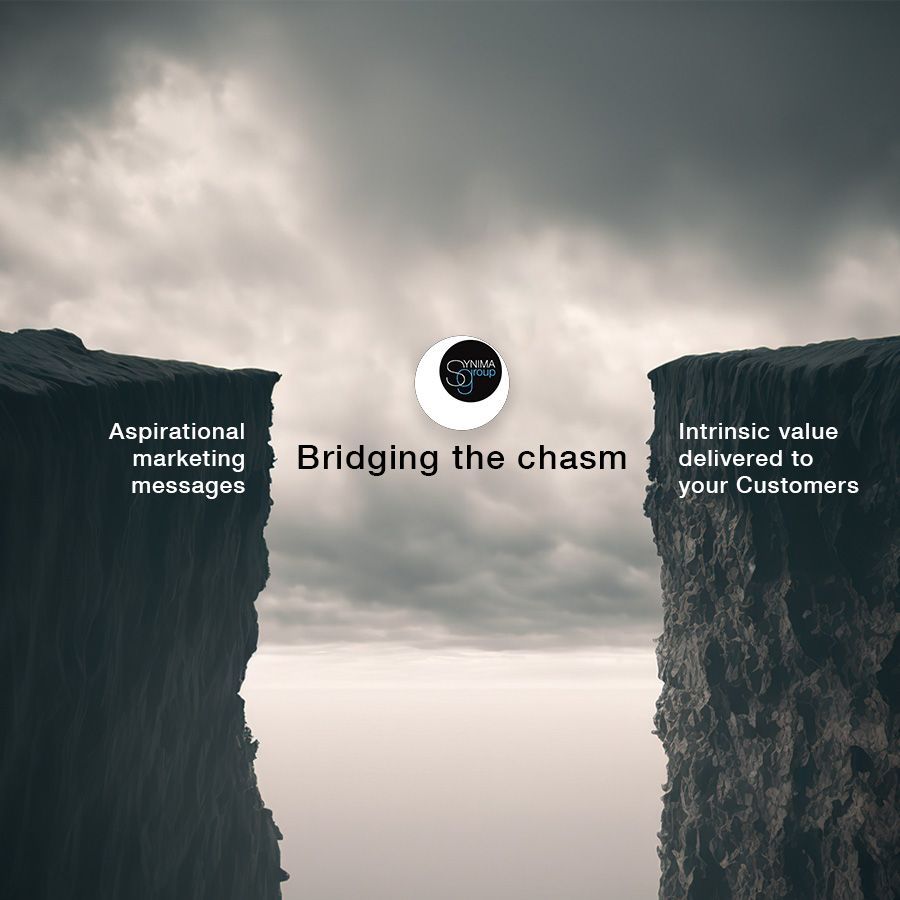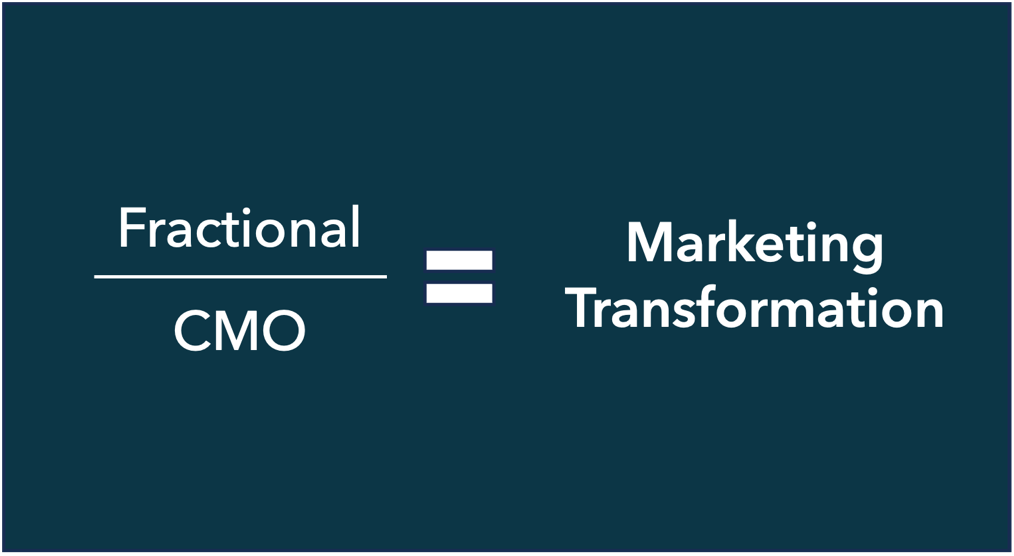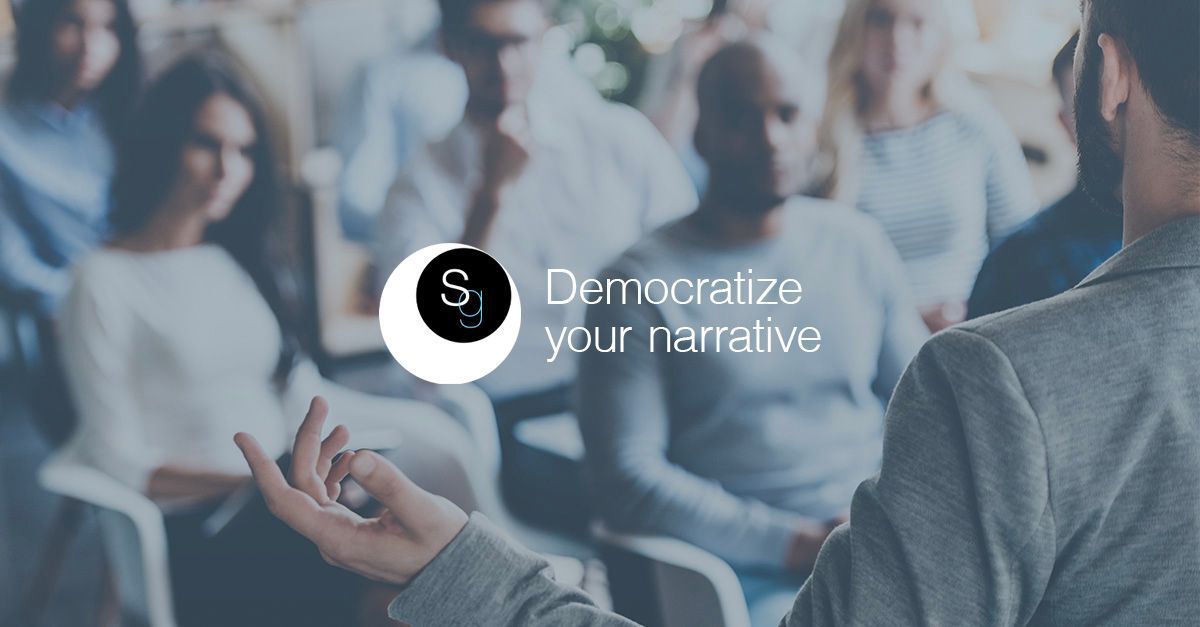OUR BLOG
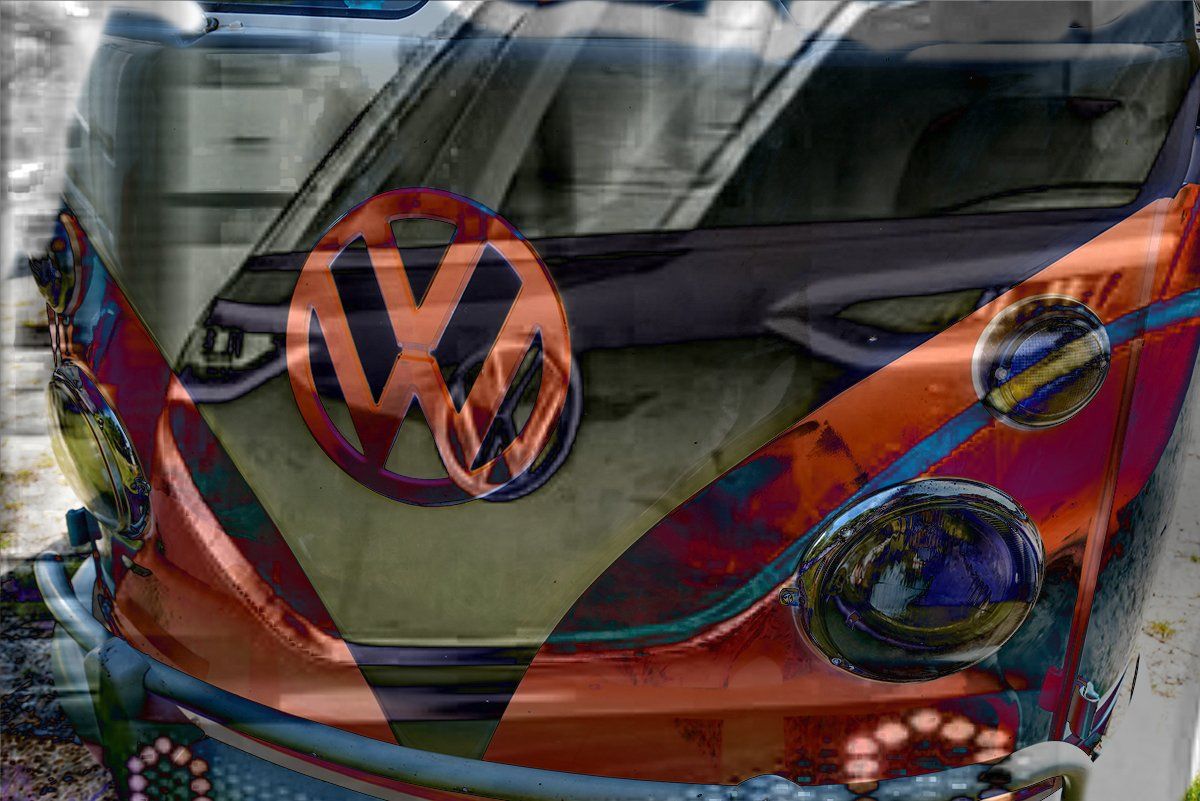
Most of us didn't experience the 1949 unveiling of the VW Camper Van - an icon from the 1950's to this day. It still evokes images of endless summers, friends, adventure and a simpler, more care-free time. That harmonious image was shaken however as the painful, PR disaster of 2015’s ‘dieselgate’ unfolded. Adversity often forces hard choices in business and it did with VW - The scandal accelerated Volkswagen’s strategic move to electrification and the launch of the Intelligent Design (‘ID’) range of vehicles. In a masterstroke, resurrecting the evocative iconography, in the backdrop of Pebble Beach, Herbert Diess announced the spiritual successor to the VW Camper, the ID Buzz. Was it any surprise that the new EV was presented to an aptly-chosen anthem of Simon and Garfunkel's 'Sound of Silence', beach imagery and modern, environmentally-conscious, happy-family? Let’s be clear, it was a strategic product marketing play, plain and simple. Beautifully done - Bravo VW! A clear product strategy is essential to delivering a product proposition - especially one that creates a contextually relevant, emotional connection to your offering. Put simply, the more accessible and compelling, the more commercially successful. And with it, you gain the buy-in of your investors, partners, distribution, and of course your own employees. Quoting Jonathan Ruff, one of our partners "Great product marketing delivers a story, so compelling that your customers become your advocates and storytellers.” - that comes by design, and experience... not by accident. If your business needs support with Product Marketing , SYNIMA Group has the expertise and experience to manage individual and diverse product portfolios, develop product, solution and portfolio positioning, and execute product, solution and portfolio launches. As for the re-born VW Camper, it sounds like a run-away success, when you can buy one!
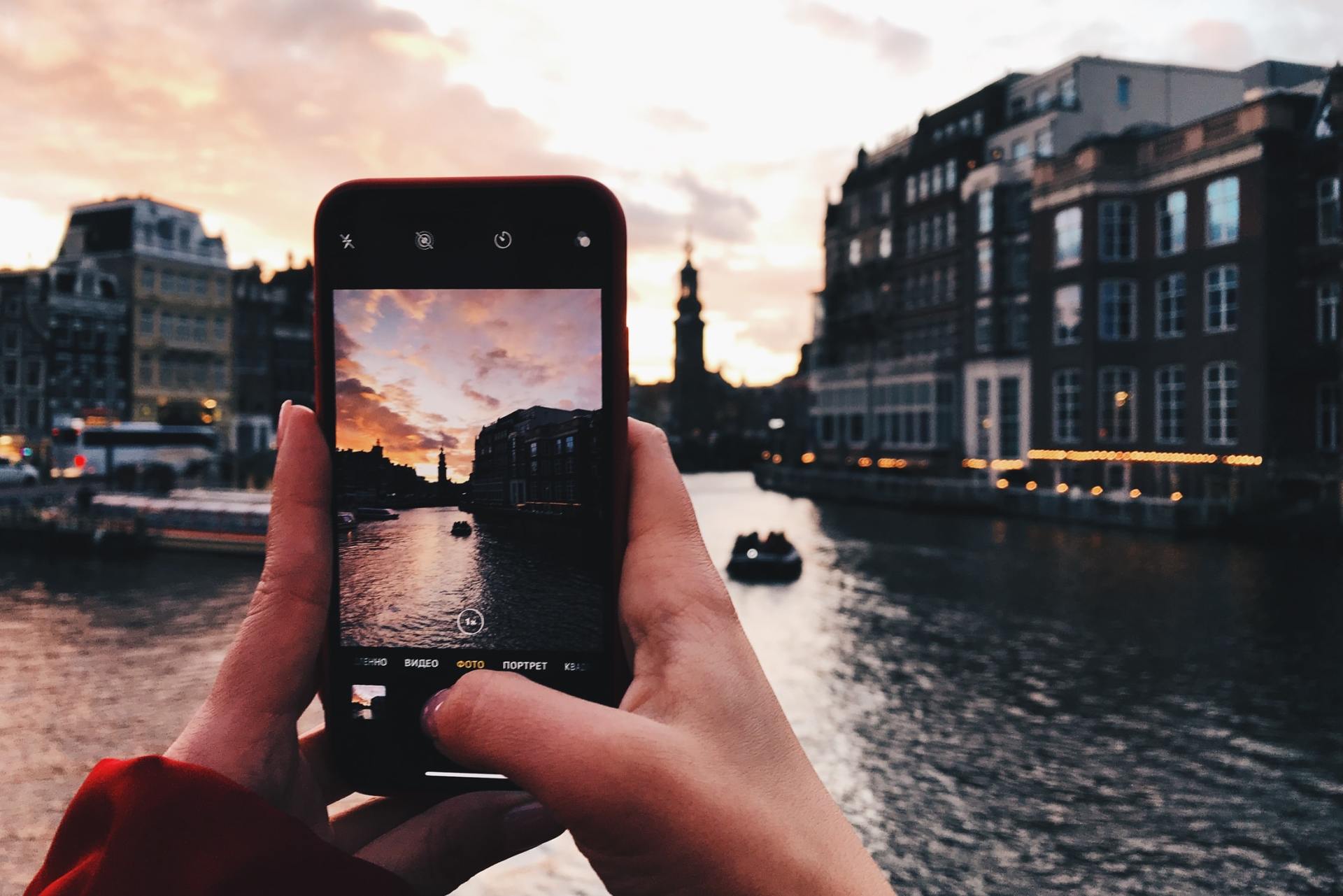
I was asked by a former Motorola colleague, who now leads Marketing for a leading business travel company, to join an industry panel at GBTA (Global Business Travel Association) Conference 2019. The subject under discussion was “what 5G is going to mean for the global business travel industry”. After a very active and interesting discussion here are my thoughts: It's not just 5G that will change the Global Business Travel Industry. It will be achieved by a combination of AI, data and industry supported APIs that will change the travel experience for business travellers. It’s going to be a lot more about individualization, collaboration, predictability, reacting to changes, timeliness and reducing friction for me as the traveller. But how and why? Combining mobile devices, industrial IoT capabilities, autonomous vehicles with 5G infrastructure and low latency data sharing will enable systems to make real-time decisions on a massive scale to benefit me, the traveller. Every interaction between my devices, and each and every device, system, vehicle during each step of my business journey, whether walking through an airport, train station, office or restaurant, will all intertwine. This will make my business travel experience like having a personal travel coordinator travelling just ahead of my every step, anticipating my next step. For instance, your bags missed the flight so don’t stand waiting around in baggage claim: go straight out to your car, which will be waiting right outside, and your bags will be delivered to where you are staying tomorrow. Now take me to a store that’s open to buy a few things until tomorrow. Plus makes claims, expenses, and completion of each and every trip effortless. But how can this work? My life as a business traveller has become a patient waiting game of lines(queues), waiting for the next mode of transport to arrive, waking up in a different room in a different location and finding the next meal, all while meeting and engaging with clients customers and colleagues in the four corners of the world. And yes, hoping (actually planning for the fact that) the airline doesn’t lose my bag again. Combine that with the time it takes to plan every aspect of a trip, work the system when things happen and complete expense reports at the end, means travel takes up more time which is either not productive or not billable. I want my travel experience to be one where every step of the way is timed to perfection: the Uber, Rental car, limo arrive just as I need them at the airport terminal, hotel, office or home; I reach the gate to board my flight just in time, whether it's on time or delayed; each hotel room is personalized to my preferences, temperature, lighting, music, just as if I was at home; and dinner, meeting locations are selected / suggested based upon whom I am meeting with. When other friends or colleagues are in the same location, we all know in advance and bookings are logically coordinated, or dinners are suggested; and when friends connected through social media are nearby, I get the option to meet them, wherever we may be. How can this happen? It’s going to need technology, but more than that it’s going to need collaboration and cooperation between every element of the travel experience… airlines, rental cars, hotels, rideshare, restaurants, road networks, airports, security, travel booking systems, accounting systems and travellers themselves. 5G brings connectivity architecture to link existing wired and wireless networks to each other and mobile devices. More importantly, it brings the capacity and reduced latencies to enable real-time data for and to every element of a trip and the ability to combine datasets to provide instantaneous actionable insight and decision making. "Distributed data management, centralized and local compute power, along with AI algorithms, can perform real-time analysis directing me, the traveller and other elements of the travel ecosystem to provide just in time service. When I collect my bag from the baggage claim, it tells me which door to use and ensures an Uber or taxi is waiting for me as I exit. The driver may well have been alerted as my baggage reached the terminal and not the baggage carousel as even my bags are being tracked every step of the way, hopefully. In the future, the same may apply to my rental car, as it drives itself to the terminal to collect me, avoiding the horror of cramped, heavily loaded and always inconvenient rental car centers and buses. "Mutually agreed APIs and datasets will need to be established between all parties who make up my travel experience, including for example airport baggage handling systems, so as the barcode tag on my bag traverses the check-in to baggage truck to plane to baggage truck and baggage carousel, the system and I am informed. This will change the relationship of apps and services with travellers, I may use one app to act as my travel concierge - it interfaces to all of my individual apps. Think of the Fitness industry where we often use one app to combine information from a fitness app, dietary app, connected scales, and mobile device to provide us with a view of how our fitness is progressing. But we can still use each app individually to learn more specific details - our data is shared effectively across all these app types but remains part of each individual apps influence. Analytics will not only make real-time decisions as we travel, reducing the inevitable hanging around but will predict how long each stage of our journey will take, based upon previous insight from other travellers, as well as understanding how we travel. Analytics will also play a part in the planning, changes, documenting (expenses) and even more social or pleasure elements of our trip. As we book, it will consider whether we have been to the destination before, my previous visits, my preferences, as well as whether other colleagues are going because I have meetings scheduled with them or they are also booking travel. Analytics will also interrogate other systems to understand weather, traffic, or other meetings may cause changes that need to be accommodated and finally will also establish whether I have extra or free time that I could use to do something related to my interests or hobbies which for me means great locations to take photographs or unusual or interesting venues to listen to music." What this means. My chosen concierge app connects to each of my various travel apps and it constantly revises the whole story of my trip. It’s constantly considering and directing my next steps and telling me what to expect and when. Alerting and directing vehicles or me on when and where to go or be, changing the settings in my hotel room. Finding dinner locations, events or venues I will enjoy or can inspire me. So, making my trip the best possible experience I could have and putting me in the best of moods. The overall objective is to make the whole travel experience as frictionless, flexible and financially economical as possible based upon my preferences and within the guidelines of my employer."
